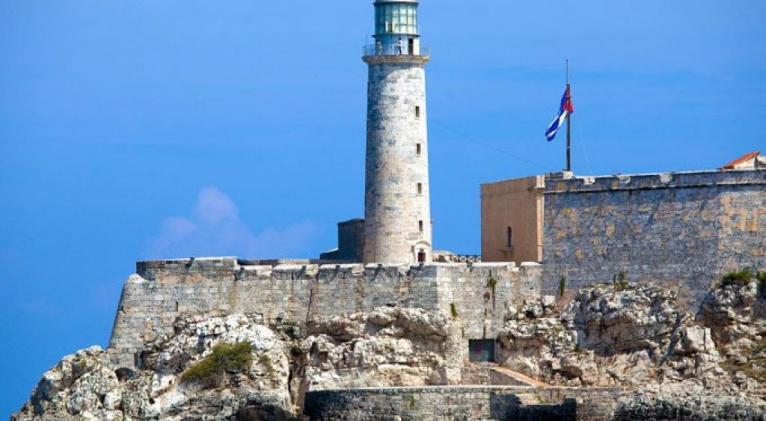Cuban Revolution Persists Despite Hostility of U.S. Governments

Havana, Dec 29 (Prensa Latina) Next to reaching six decades, the Cuban Revolution accumulates all sorts of aggressions of the U.S. government against it and despite such fierce hostility, today it can proudly show its permanence and thrust forward.
Before January, 1959, the U.S. government offered limited military support to dictator Fulgencio Batista and tried to prevent the triumph of rebel army forces.
Such a dispute has been expressed in diverse fields, from verbal attacks and slander campaigns to direct armed aggression, as the mercenary invasión promoted by the Pentagon and done with in less than 72 hours in Playa Giron, April, 1961.
Greatly popular measures such as the reduction in rent rates, lowering the price of pharmaceuticals, the intervention of foreign-owned monopolies, such as electricity and telephone, the first Law of Agrarian Reform (1959) that banned large estates, won for the young revolutionary government the enmity of the White House.
This was followed by attempts of political and diplomatic isolation, promotion of subversive plans and sabotages, kidnapping of airplanes, ships, infiltration of agents and pirate incursions, as well as stimulus to counter-revolutionary gangs in mountainous areas, liquidated in 1965.
There were also biological aggressions directly affective, persons, animals and crops, causing irreparable damage to humans and millionaire losses to the economy.
In the Demands of the Cuban people to the U.S. government for human and economic damages, contain some of the examples.
The introduction of dengue virus type 2 through Anti-Cuban groups based in the United States, provoked in 1981 an epidemnic with a balance of 158 citizens dead, of them 101 minors.
In 1978, the 'roya', one of the most aggressive worms of sugar cane extended to all the country and seriously affected above all the variety Barbados-4362, of high agricultural and industrial yields, in that time predominant in Cuban plantations.
Also in 1971, 1979 and 1980 hundreds of thousands of pigs had to be sacrificed due to the African Pig Fever, while the Blue fungus of tobacco destroyed more than 85 percent of plantations of that important crop.
Assassination plans and attempts on the life of Cuban leaders were also part of the Centrtal Intelligence Agency plans to behead the Revolution.
Only in the case of leader Fidel Castro, the organs of State Security documented 637 of these plan.
The economic, commercial and financial blockade may be the most visible instrument of White House and U.S. Congress policies against the Caribbean nation.
Applied and reinforced since February, 1962, through an array of laws, regulations and executive decrees of 12 successive administrations.
The laws Torricelli (1992) and Helms-Burton (1996) condense most of this unilateral and extra-territorial policy aimed at undermining internal order in Cuba and obstructing trade, including threats against third countries.
Since 1992, Cuba started presenting at the United Nations a resolution draft resuming the main impacts this act described as genocide provokes in the different sectors of economic and social life of the country, besides demanding its immediate lifting.
Last November, 191 countries approved the demand of the greater Antille, with the only exceptions of the United States and Israel.
The reestablishment of diplomatic relations between Havana and Washington in July, 2015 meant an explicit recognition of the failure of an aggressive policy after more than half a century.
Twenty-three memos of understanding and agreements in areas such as health, environmental protection and application of the law confirmed the possibilities and benefits of the bilateral dialogue between both governments based on mutual respect.
However, ex-president Barack Obama (2009-2017) did not discard the idea of ending the revolutionary process 'through other ways'-
Cuban experts have observed as such who refer to limited and selective measures adopted by the previous administration in order to empower the private sector and try to turn it into a spearhead against the updating of the economic and social model of socialist orientation started in 2010.
The recent measures of the Donald Trump administration trying to negatively impact the tourism industry, seem to set back Washington positions to a confrontation strategy and threats proven failed and anchored in the past.
The continuance of the Cuban Revolution almost 60 years after the January, 1959 victory, does prove it.













Add new comment